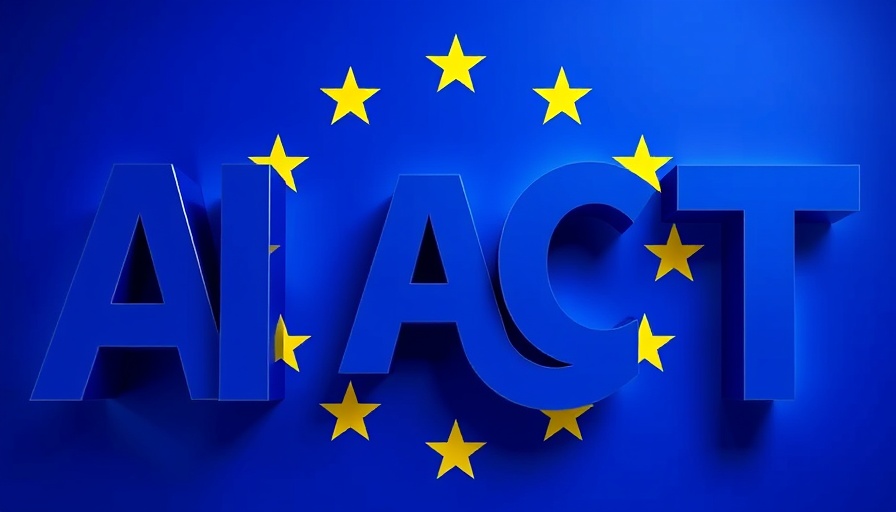
Universal Pictures Takes a Stand Against AI Training
In a bold move to protect its creative assets, Universal Pictures has begun including a new warning in the credits of its films stating that the content "may not be used to train AI." This legal notice is designed to deter artificial intelligence companies from utilizing Universal's films, such as the recently released live-action adaptation of How to Train Your Dragon, for training their AI models. Alongside this message, Universal reiterates the protections afforded by copyright laws against unauthorized reproduction and distribution, which can lead to significant legal repercussions.
The Context Behind the Caution
This initiative isn't merely a precautionary measure; it stems from ongoing litigation by Universal and Disney against Midjourney, an AI image-generating firm accused of infringing on their copyrights. Reports indicate that Midjourney earned around $300 million last year, in part by recreating recognizable characters like Hiccup from How to Train Your Dragon without authorization. The push by major studios is crucial as they seek to maintain control over their intellectual properties amidst the burgeoning AI landscape, which is developing at lightning speed and posing potential threats to the entertainment business.
Responses from the Industry
While Universal Pictures and Disney seek to protect their content, other studios are embracing AI technology. For instance, Netflix has employed AI in producing scenes for their shows, claiming that it significantly speeds up production processes. This dichotomy showcases a shift in how different segments of the industry perceive and react to AI's influence. As studios weigh their options, some may prefer to adapt and integrate new technologies rather than pursue legal paths.
What This Means for the Future of Entertainment
The legal battle represents a critical moment in the entertainment industry, one that reflects broader societal questions about the intersection of creativity, technology, and law. As AI-generated content becomes more prevalent, the tension between protecting human creativity and exploiting technological advances will likely intensify. Filmmakers and business owners must navigate this landscape carefully, balancing innovation with intellectual property rights.
Empowering Your Business with Awareness
For CEOs, CFOs, and business owners, understanding the implications of these legal frameworks is vital for protecting your company's assets. Keeping abreast of industry trends not only helps in safeguarding your intellectual property but also prepares you for the inevitable evolution within your sector. Engage with your team and consider how emerging technologies can be used ethically and effectively while ensuring your business remains compliant with copyright laws.
 Add Row
Add Row  Add
Add 



Write A Comment